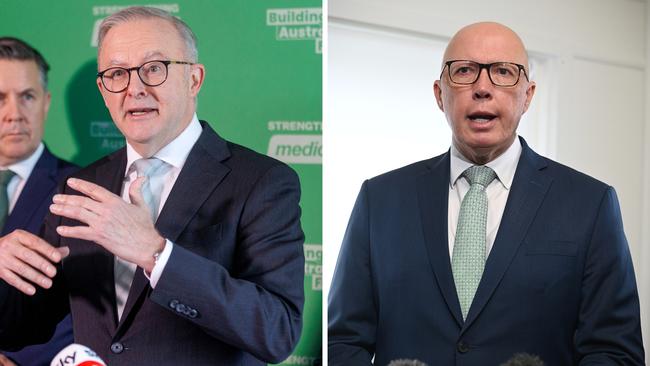
Only last week, economists warned that the RBA benching itself from the political cycle by handing down a one-off rate cut before an election was called would simply encourage both sides of politics to empty their wallets.
The last remaining guardrail had been removed.
These fears have now been confirmed, before the campaign has even begun.
As one economist quipped: “The level of spending from Canberra is disgusting.”
The battle over Medicare is a triumph of politics over policy.
This was inevitable. But neither side may end up the winner.
Anthony Albanese has been wrong-footed in believing that Labor could turn the election into a referendum on bulk billing.
Doubtless he will still try.
But it would have been naive to think the Liberal leader and his campaign director Andrew Hirst weren’t alive to this coming.
While the opposition razor gang is being required to make some hard decision on spending, health had been quarantined very early on by Dutton.
It is the policy area he is most sensitive about.
But Albanese may not have been expecting the Coalition to match it on the $8.5bn spend. He certainly wouldn’t have anticipated being out-bid.
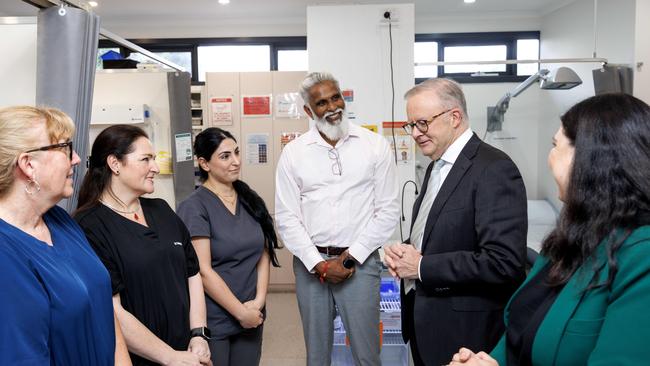
Cheaper doctors’ fees may be a morally superior pursuit in a cost of living crunch, and it would have been hard to argue against.
But even the Australian Medical Association cast doubt on how effective it will be. While rural and regional communities could expect to benefit, it said it would make no difference in the metropolitan suburbs where out-of-pocket expenses are highest.
Nevertheless, the politics demanded Dutton neutralise the issue quickly.
Not all his colleagues were impressed with the decision on Sunday to match Labor’s announcement. The Liberal leader’s dilemma is now finding wriggle room in the budget for personal income tax reform.
As some of his colleagues admit privately, there would be little point to a Coalition government if it can’t deliver on what is not only an article of faith for the Liberal Party but an expectation of its constituents.
A failure to deliver on personal income tax cut reform would be a betrayal of the Liberal Party base.
Dutton has just made that job a lot harder – unless he is banking on Albanese rolling out billions more in union sweeteners that the Coalition can oppose.
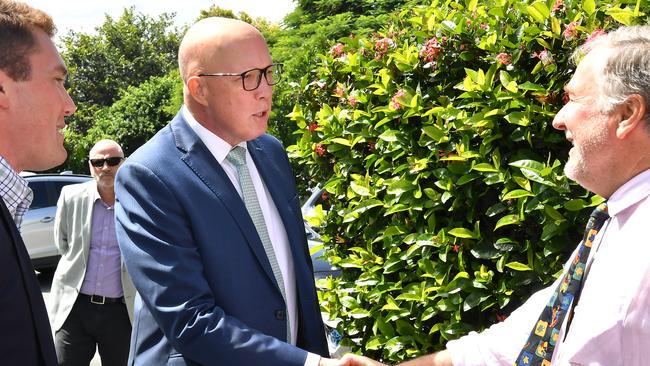
At is stands, the $100bn in savings that Dutton and Angus Taylor claim to have identified don’t get them to where they need to be.
This much should be obvious. Around $80bn of that is tied to big-ticket off-budget funds including Labor’s $10bn housing fund, its $22bn Future Made in Australia fund, the $15bn reconstruction fund and the $20bn rewiring the nation fund.
Dutton’s claim that he will save $9bn a year from freezing the public service is already included in the $100bn.
The details on this are vague at best.
Is he proposing to reach this target through attrition or by sacking backroom bureaucrats?
While Labor is refusing to detail how it will pay for the additional structural pressure on a budget that will remain in the red beyond the end of the decade, most voters expect the Coalition to do better.
If Dutton wants to campaign on fiscal discipline, at some point he is going to have to come clean on the Labor-lite magic pudding he is at risk of replicating.



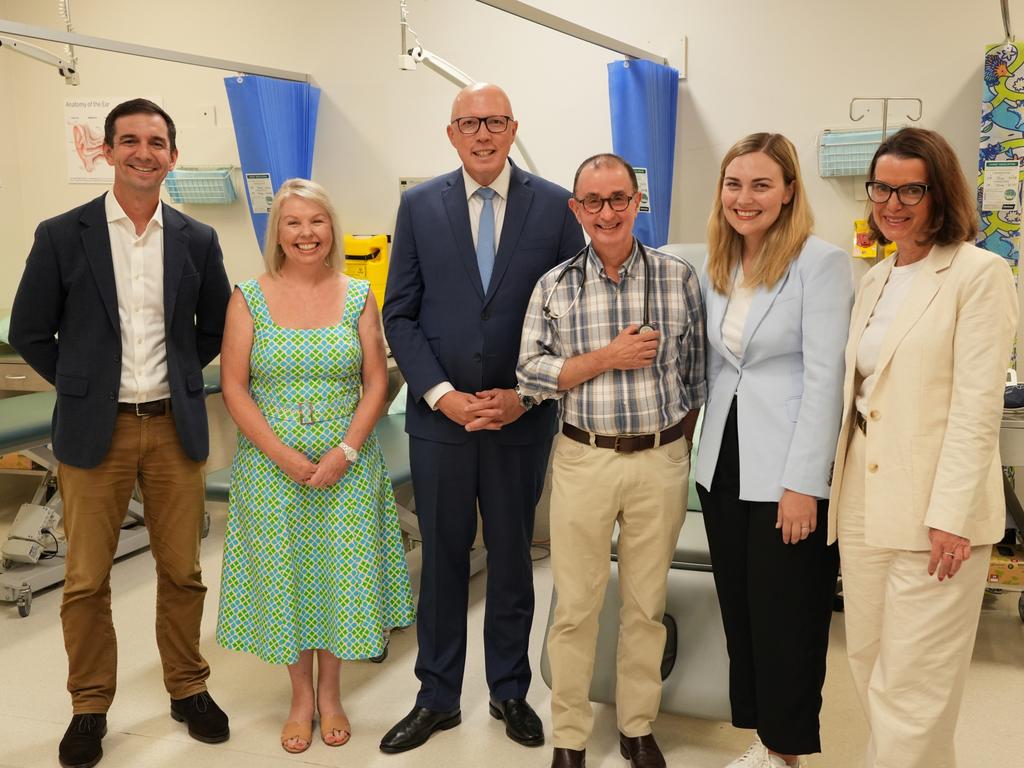
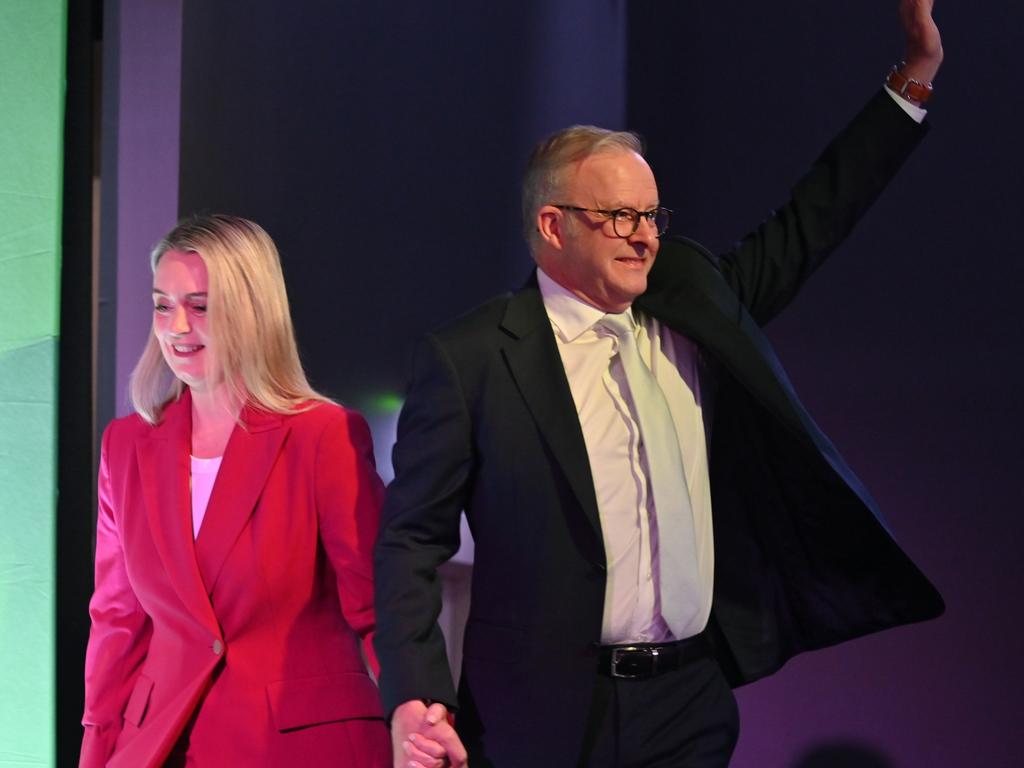


Canberra appears to be heading toward new levels of fiscal incontinence.